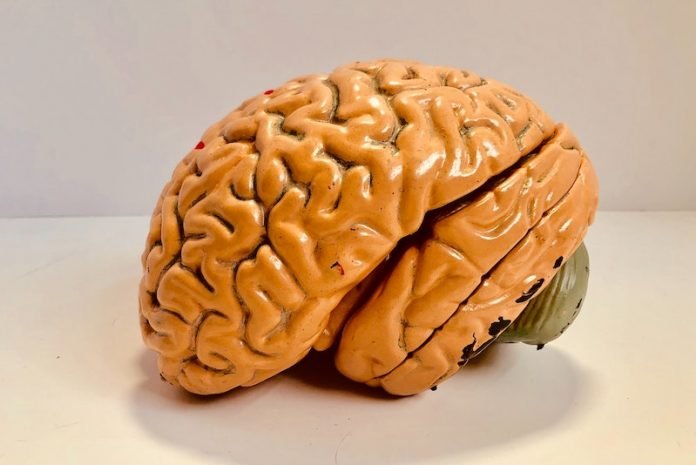
Many people who have undergone treatment for cancer, especially chemotherapy, report they just don’t seem to be able to think as clearly as they used to.
N.Lynn Henry, M.D., Ph.D., the breast oncology disease lead at the University of Michigan Health Rogel Cancer Center, shares the latest findings on “chemo brain.”
- It’s real.
Forgetfulness, trouble concentrating, difficulty multitasking — about 1 in 3 patients experience mental changes such as these following cancer treatment.
Researchers have been giving the topic serious study since the mid-1990s.
- Doctors don’t like the term chemo brain.
It sounds pretty scary — and they don’t want fear of the mental side effects deterring patients from getting effective treatments for their cancer.
Your doctor might use the term “cancer-related cognitive impairment” instead.
- There can be many factors involved.
It’s most commonly associated with chemotherapy, but other types of treatment and medicines can also affect thinking.
Older age, pain, depression, trouble sleeping and other health problems can also play a role.
- Testing exists — but it’s complicated.
Doctors have questionnaires and formal tests to measure mental changes, but the results don’t always line up with what patients say they’re experiencing.
Considerable research is being done to develop better, more reliable tests.
- Help is available.
Care teams can help patients manage mental side effects from cancer treatment just like they do with physical side effects.
- Working on certain risk factors may lessen the effects.
Directly addressing a patient’s anxiety, pain, trouble sleeping and fatigue can help improve symptoms.
- Research shows several effective treatments.
There is no standard treatment for chemo brain, but a growing body of research shows that cognitive rehabilitation and behavioral therapy programs, exercise and mindfulness programs each were associated with both perceived and objective improvements.
Some medications, like anti-dementia drugs, appear promising, but more research is needed.
Get help
Rogel Cancer Rehabilitation Program, a team-based program to help people get back on track before, during and after cancer treatment.
Written by Ian Demsky.
If you care about brain health, please read studies about new study that confirms COVID patients have higher risk for this brain disease, and findings of common high blood pressure drug that can help repair blood vessels in the brain.
For more information about cognitive health, please see recent studies about scientists find how to repair damaged brain after stroke, and results showing that fighting dementia with play: cognitive training may improve brain function.



